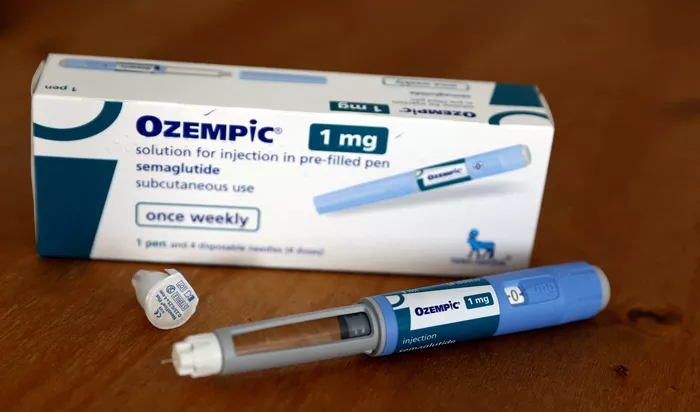As the weight-loss drug Ozempic continues to make headlines, a growing number of people are turning to “microdosing” as a strategy for managing their weight. This trend involves taking smaller-than-prescribed doses of the medication, a practice some doctors say can be beneficial when done under professional supervision.
Dr. Britta Reierson, a board-certified family physician and obesity medicine specialist, explains that microdosing is essentially a personalized approach to Ozempic administration. “This method tailors the dosage to the individual’s specific needs,” she stated. However, she warns that self-directed microdosing can lead to serious health risks.
The surge in interest around Ozempic has been fueled by celebrity usage and discussions on social media platforms, which often glamorize the drug’s effects. Dr. Aria Vazirnia, a lipedema surgeon, attributes this trend to heightened visibility in Hollywood and podcasts, leading many to seek prescriptions, even if they do not medically require the drug.
Neurosurgeon Dr. Brett Osborn shares his own experience with microdosing, emphasizing that it can be effective for individuals who have already achieved significant weight loss on standard doses. “It’s about maintaining progress while minimizing medication intake,” he noted.
Despite the potential benefits, the practice raises concerns about the long-term implications of unsupervised use. Dr. Alexandra Sowa, an obesity medicine specialist, highlights the “Ozempic shame” phenomenon—an internalized stigma surrounding weight-loss medications that may drive patients to self-manage their treatment.
Moreover, the high cost of Ozempic has led some ndividuals to ration their supplies, further complicating the situation. Medical professionals are calling for a clearer understanding of the medication’s role in weight management and the importance of consulting healthcare providers before making any adjustments.
In summary, while microdosing Ozempic is gaining traction among weight loss enthusiasts, experts urge individuals to approach this trend with caution, emphasizing the need for medical guidance to ensure safety and effectiveness.
Related topics:


